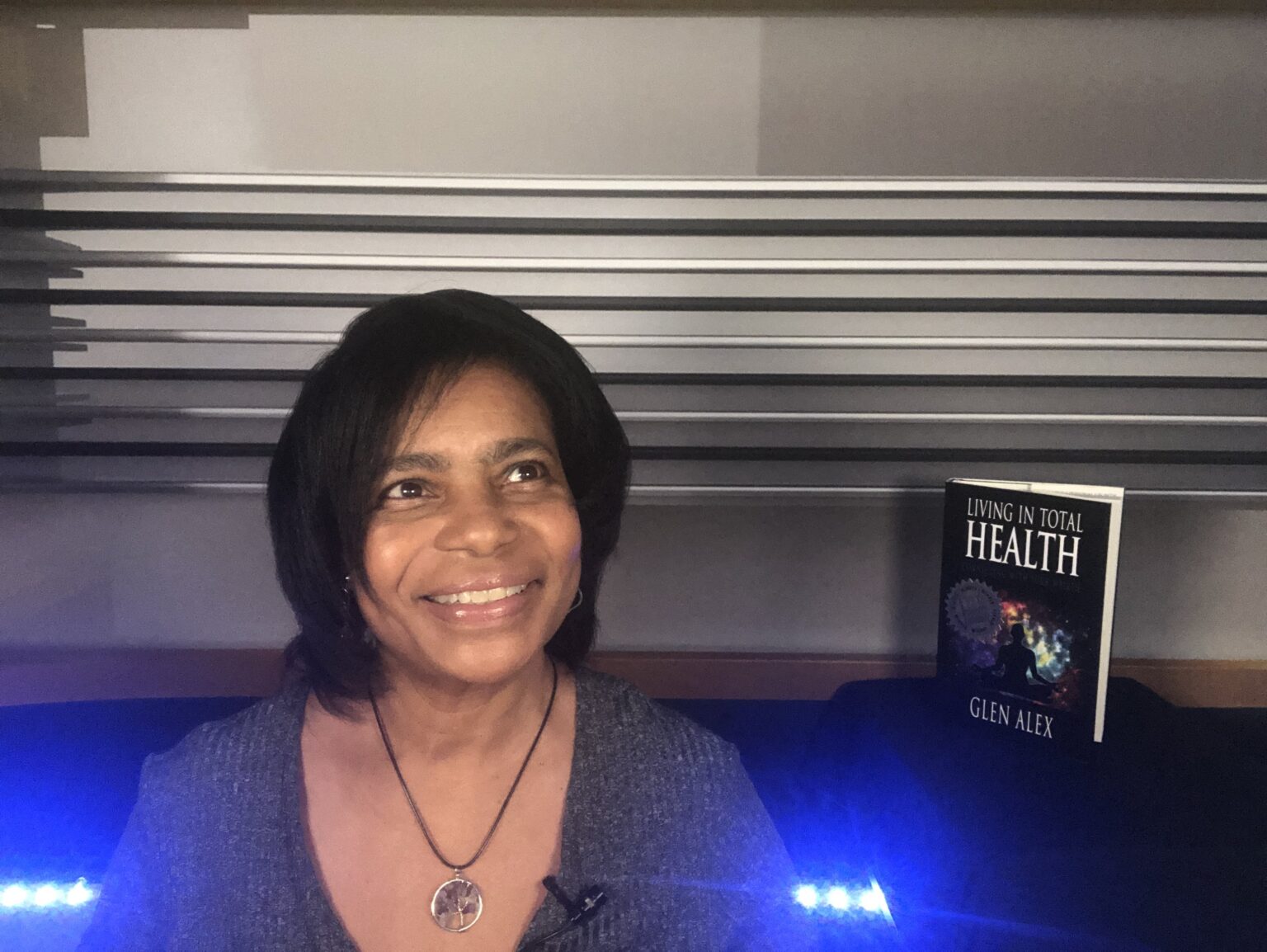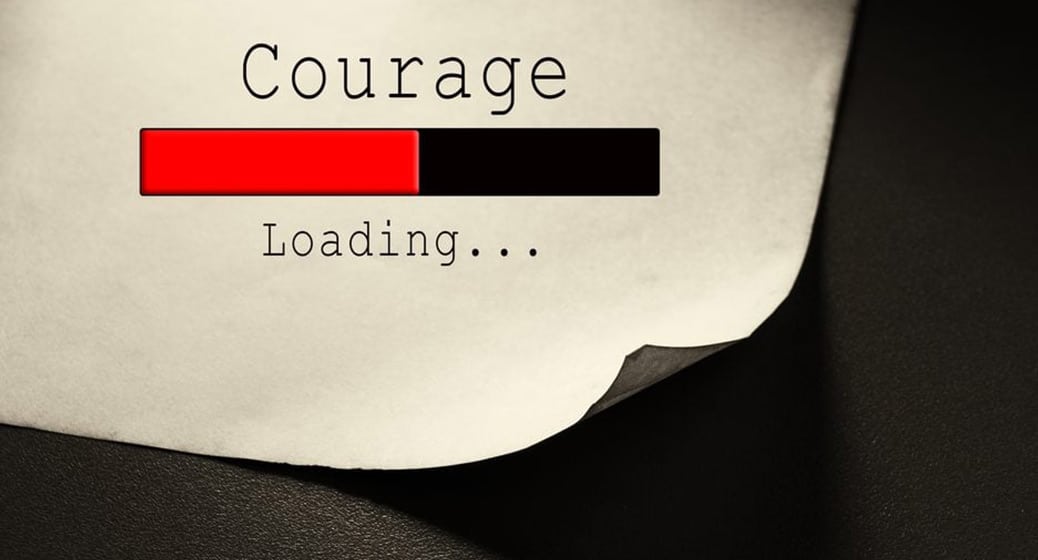Inexplicably, I’m having difficulty putting my thoughts about courage on paper. I usually get into a nice writing flow when it comes to topics I’m passionate about. Courage is one of them. Healing is another. Though not so easy this time.
Is it because I’m uncertain about writing from an intellectual perspective? Because I’m thinking of too many elements? Or is it fear of not being clear enough? Alas, I forge ahead despite not knowing why I block. So I will start here.
Courage vs Fear
As a Clinical Social Worker, I work with adults who suffer from depression and/or anxiety. These conditions typically stem from unresolved family-of-origin, relationship, grief, and self-worth issues. Whatever the root cause, mental and emotional issues require courage to heal.
Many situations trigger fear. Skydiving evokes fear of plummeting to earth and dying. An interview brings up fear of not getting the job. Fear of looking stupid or dumb arises when speaking in public, even in social settings. And working through painful and troubling experiences stirs up layers of fear.
So what does fear have to do with courage? Well, they are very connected. Some think that courage is the absence of fear. It is not. Courage involves being aware of and even experiencing fear in the face of appropriate action to be taken and taking that action anyway. Skydivers skydive. Jobseekers interview. People speak–socially, publicly. Those in pain heal.
It’s easy to lump what’s realistic with the unrealistic into one nebulous monster, blurring the truth of who you truly are.
Healing Pain
When it comes to mental and emotional health, processing, working through, and ultimately healing pain and trauma requires courage. You see, a certain identity of self gets imprinted when going through such experiences. That identity usually includes, but is not limited to, self-blame, self-loathing, shame, dread for the future, helplessness, hopelessness, and escape via substances, overspending, poor self-care and sometimes suicide.
The fear is in the unpacking of traumatic events. Clients are afraid that pulling back the layers of their pain will reveal that they truly are unworthy, deserved the trauma, and/or are unlovable—that the imprint is true 
Healing starts with facing this façade of self-hatred and internalized dejection. Then breaking the façade down to discern the realistic aspects of your pain from the unrealistic ones to lead to a deeper understanding of self and your experiences.

“Courage is required to unpack your pain, release the negative imprint, and create a new, healthier identity for yourself.”
–Glen Alex
False Identity
It’s easy to lump what’s realistic with the unrealistic into one nebulous monster, blurring the truth of who you truly are.
For example, a client who was sexually abused in childhood by an adult cousin believes he caused it to happen because something was wrong with him. The reality is he was not the problem. There was something very wrong with his perverted cousin.
In another example, a client blamed herself for her husband’s abusiveness. She told herself that if she were a better woman and a lovable person, then she would not provoke him to hit her and she would do everything right. The reality? She is not responsible for his behavior, no human is perfect, and abusers choose to abuse, no matter the circumstance.
Whether your experience involves abuse or other trauma, the courage in healing is about acknowledging and releasing the faulty imprint born out of pain, discerning what is real and what isn’t, and reconnecting with the truth that you are worthy and lovable and human.
Yes, this process can be frightening because courage does contain an element of risk–the risk of letting go of the identity you accepted and lived up to. It’s a risk worth taking because the payoff is no longer seeing or treating yourself as damaged and defective.
Courage Within You
To evoke your innate courage to heal, SPeLL it.
Seek help
Asking for help is strength, not weakness. Speaking with a professional psychotherapist or a supportive friend who understands the power of listening can enable you to make peace with your past and strengthen your coping skills for life challenges going forward. If you could heal alone–without guidance, support, or resources, then you would already be healed.
Presence
Start where you are, not where you should be. Many people so want to be there now and choose to ignore the steps required in the here and now to get there. Attune to your life as it exists in this moment, identify the healthy changes you want to make (how you want your life to be), then take the first step.
Start wherever you are. Acknowledging that I was stuck with writing this blog grounded me in the present moment and opened me up to let the writing flow begin.
Learn in Action
Anxiety demands perfection and pressures you to know exactly how to and guarantee success. So much pressure to do the impossible! Being human requires learning on the job. Experience is the teacher. While we can gather as much information as possible to get started, we can’t know everything upfront nor control the outcome. What we can do is learn as we go, adjusting to strategies that work and letting go of those that don’t. Learning is in the doing.
Light Bulb
Aha moments bring non-judgmental understanding that resonates deeply within. These light bulbs also include clarity about you, your personal truth and worth, and can lead you to the next step. Aha’s occur when you are open to perspectives that belie the imprint, are present, and allow yourself to learn. Seeking help, being present, and learning in the doing help you learn to be you.

You can heal. Seek help, be Present, Learn in the doing, and be aware of Light bulbs to arouse your courage to heal because healing is the right thing to do. So be afraid and do it anyway.
Share your thoughts and comments.
Our members are talking about this article on Belongly.
Register today and join the conversation.
About the Author: Glen Alex
Keep Reading
Want more? Here are some other blog posts you might be interested in.
- Categories: By Therapists, Social Media
In today's digital age, social media has become an integral part of the lives of teenagers. By giving them new opportunities to share their ...
Published On: Tuesday, February 18, 20252.8 min read - Categories: By Therapists, Relationships
 By Kaci Smith
By Kaci SmithOne of the fascinating differences between most cis-gendered men and women lies in how they process tasks. Women often excel at ...
Published On: Friday, February 14, 20253.6 min read
- Categories: By Therapists, Mental Health
Winter often brings shorter days, colder weather, and a natural slowdown in life’s pace. For many, it’s a season of hibernation, ...
Published On: Wednesday, February 12, 20252.9 min read







